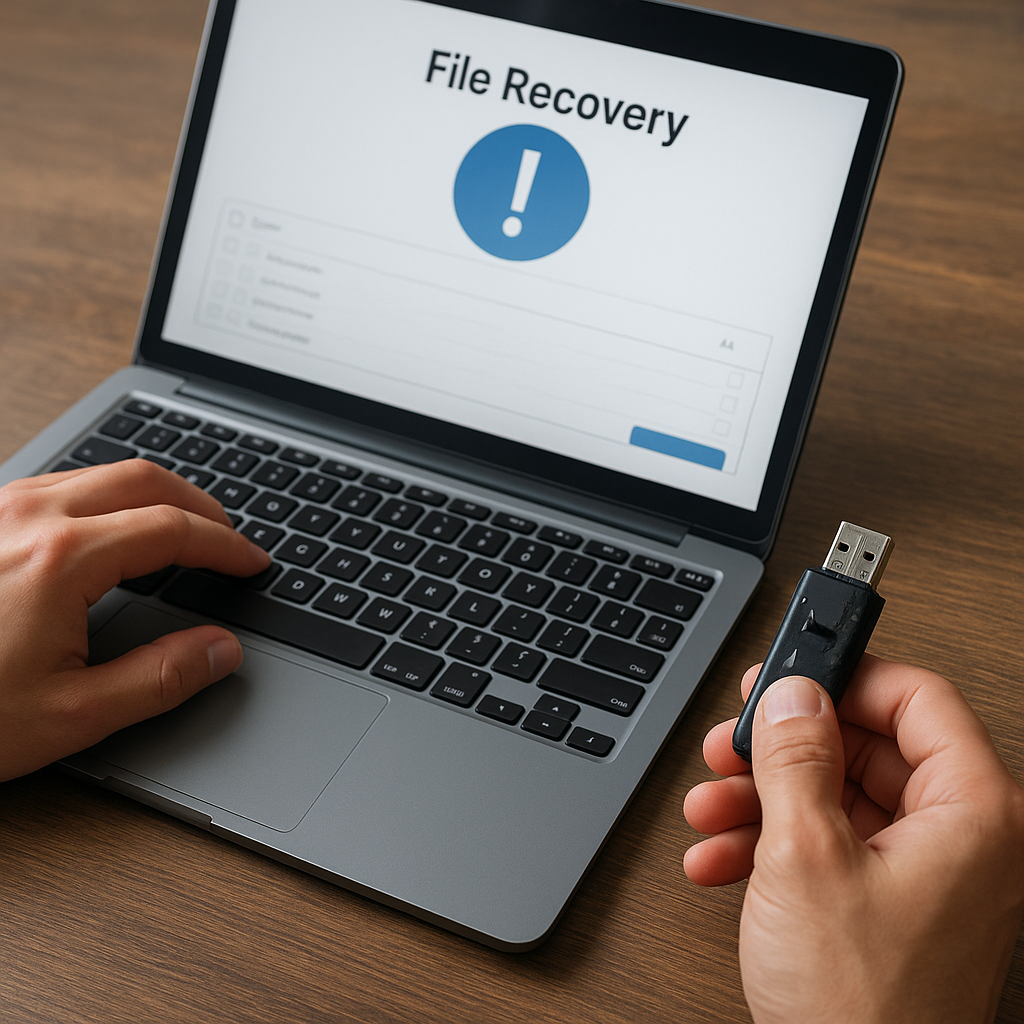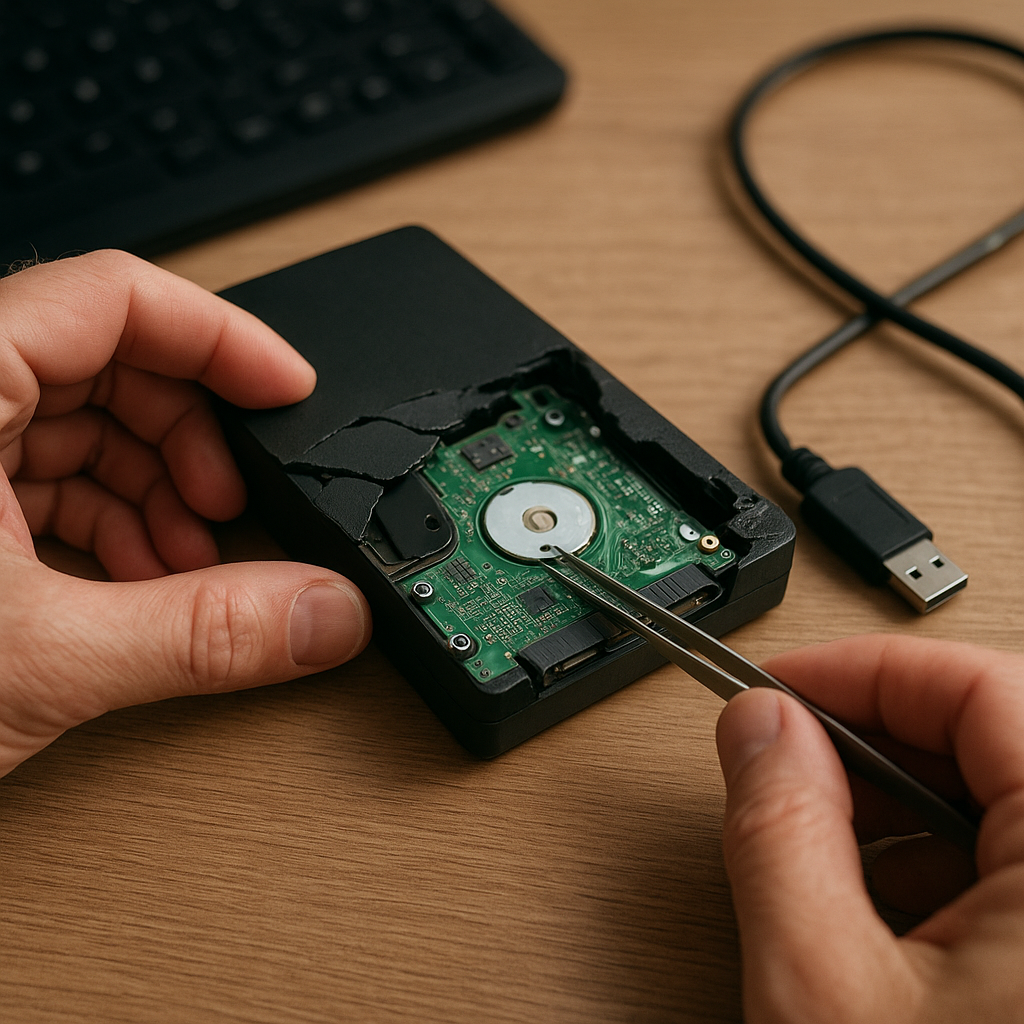Recovering deleted files from a hard drive can be a daunting task, but with the right tools and methods, it is often possible to retrieve lost data. This article will explore effective methods for recovering deleted files from a hard drive, providing a comprehensive guide to help you navigate this challenging process.
Understanding File Deletion
Before diving into the recovery methods, it is essential to understand what happens when a file is deleted from a hard drive. Contrary to popular belief, deleting a file does not immediately remove it from the storage device. Instead, the operating system marks the space occupied by the file as available for new data. Until new data overwrites this space, the deleted file remains recoverable.
Types of Deletion
There are two primary types of file deletion:
- Soft Deletion: This occurs when a file is moved to the Recycle Bin or Trash. The file is not permanently deleted and can be easily restored.
- Hard Deletion: This happens when a file is permanently deleted, bypassing the Recycle Bin or Trash, or when the bin is emptied. Recovery in this case requires specialized software.
Effective Methods for File Recovery
Several methods can be employed to recover deleted files from a hard drive. These methods range from simple built-in tools to advanced third-party software solutions.
Method 1: Using Built-in Tools
Most operating systems come with built-in tools that can help recover deleted files. Here are some examples:
- Windows File History: If you have File History enabled on your Windows system, you can restore previous versions of files. Navigate to the folder where the file was located, right-click, and select “Restore previous versions.”
- macOS Time Machine: Time Machine is a backup feature in macOS that allows you to restore files from previous backups. Open Time Machine, navigate to the desired date, and restore the file.
Method 2: Using Third-Party Recovery Software
When built-in tools are not sufficient, third-party recovery software can be highly effective. These programs are designed to scan your hard drive for recoverable files and restore them. Some popular options include:
- Recuva: A user-friendly tool for Windows that can recover files from hard drives, memory cards, and other storage devices.
- EaseUS Data Recovery Wizard: Available for both Windows and macOS, this software offers a comprehensive solution for recovering lost data.
- Disk Drill: Known for its powerful scanning algorithms, Disk Drill supports multiple file systems and storage devices.
Method 3: Professional Data Recovery Services
In cases where software solutions fail, professional data recovery services can be the last resort. These services employ advanced techniques and equipment to recover data from damaged or corrupted hard drives. While this option can be expensive, it is often the most reliable method for critical data recovery.
Preventing Data Loss
While recovering deleted files is possible, preventing data loss in the first place is always the best approach. Here are some tips to help you safeguard your data:
- Regular Backups: Regularly back up your data to an external hard drive, cloud storage, or other secure locations.
- Enable Versioning: Use versioning features in your operating system or software to keep multiple versions of your files.
- Use Reliable Storage Devices: Invest in high-quality storage devices to reduce the risk of hardware failure.
- Be Cautious with Deletions: Double-check before deleting files and avoid using Shift+Delete, which bypasses the Recycle Bin.
Conclusion
Recovering deleted files from a hard drive is a process that requires patience and the right tools. By understanding the nature of file deletion and employing effective recovery methods, you can increase your chances of retrieving lost data. Additionally, taking proactive steps to prevent data loss can save you from the stress and potential loss of important information in the future.












